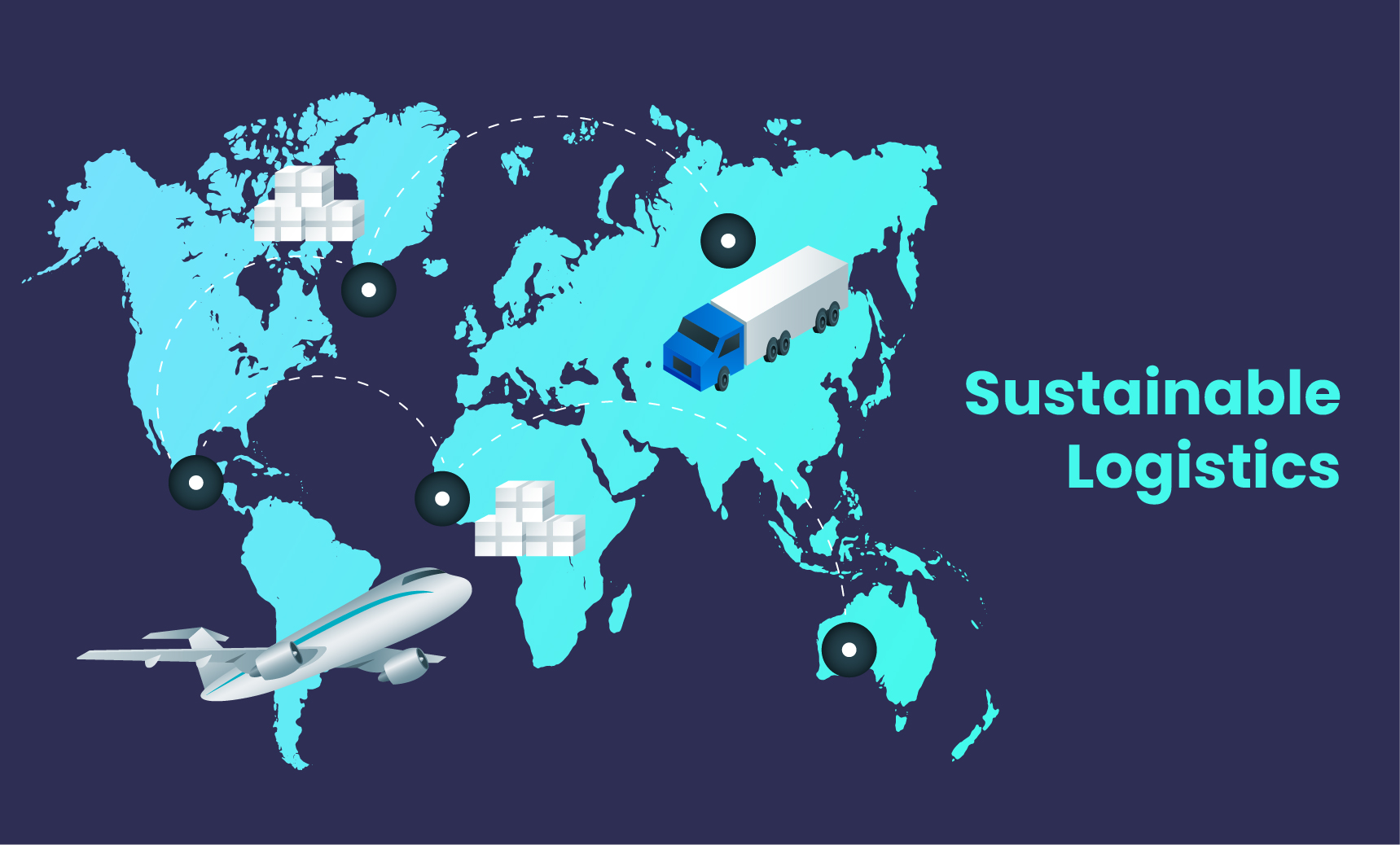
Sustainable Logistics: Reducing the Carbon Footprint of Your Fleet
In an era where environmental sustainability is a global imperative, fleet managers are increasingly focusing on adopting eco-friendly practices to reduce the carbon footprint of their operations. Not only does this commitment to sustainability align with corporate responsibility and environmental goals, but it can also lead to significant savings in fleet operating costs. In this blog post, we will explore the strategies and practices that can help make your fleet more environmentally sustainable while simultaneously reducing emissions and operating expenses.
Embrace Fuel Efficiency and Alternative Fuels
One of the most effective ways to reduce the carbon footprint of your fleet is to improve fuel efficiency. Start by conducting regular maintenance to ensure that all vehicles are in optimal condition, and replace air filters, spark plugs, and tires as needed. Additionally, encourage drivers to adopt fuel-efficient driving habits, such as avoiding unnecessary idling and maintaining a consistent speed. Consider adopting alternative fuels like compressed natural gas (CNG) or biodiesel, which produce fewer emissions than traditional gasoline or diesel.
Route Optimization for Fuel and Time Savings
Route optimization is not only a great way to reduce fuel consumption but also a valuable tool for saving time and, consequently, fleet operating costs. Utilize route planning software to identify the most efficient routes for your vehicles. By avoiding traffic congestion and reducing unnecessary miles, you can lower your fuel consumption and reduce emissions while improving delivery times.
Eco-Friendly Vehicle Choices
Consider updating your fleet with vehicles that are more fuel-efficient or environmentally friendly. Electric vehicles (EVs) are an increasingly popular choice, offering zero emissions and lower operating costs. Many governments and regions also offer incentives for adopting EVs, making them a cost-effective and eco-friendly option.
Regular Maintenance and Telematics Systems
Regular maintenance is essential for keeping your fleet in top shape. Telematics systems can assist in monitoring vehicle health, ensuring that you address issues promptly, thus avoiding breakdowns and more serious maintenance costs. Additionally, telematics can provide insights into driver behavior, helping identify areas for improvement in terms of fuel efficiency and reducing fleet operating costs.
Optimize Load Management
Effective load management is another crucial aspect of sustainable logistics. Ensure that your vehicles are not carrying unnecessary weight, as this can significantly impact fuel efficiency. Eliminating excess weight can lead to both fuel savings and reduced wear and tear on your vehicles, contributing to lower fleet operating costs.
Driver Training and Incentives
Driver behavior plays a significant role in the overall environmental impact of your fleet. Invest in driver training programs to promote eco-friendly driving habits, such as smooth acceleration and braking. Implement incentives or recognition programs for drivers who consistently demonstrate eco-friendly driving practices.
Sustainability Initiatives
Consider adopting broader sustainability initiatives within your organization. This could involve reducing waste, recycling materials, and using sustainable packaging practices. By implementing environmentally responsible practices in all aspects of your logistics operation, you can further reduce your carbon footprint and operating costs.
In conclusion, reducing the carbon footprint of your fleet is not only a responsible environmental choice but also a strategy that can lead to significant cost savings in fleet operating costs. By embracing fuel efficiency, alternative fuels, route optimization, eco-friendly vehicles, regular maintenance, load management, and driver training, your fleet can become more sustainable while simultaneously reducing emissions and operating expenses. Sustainability is no longer an option; it's a competitive advantage in the modern logistics industry.